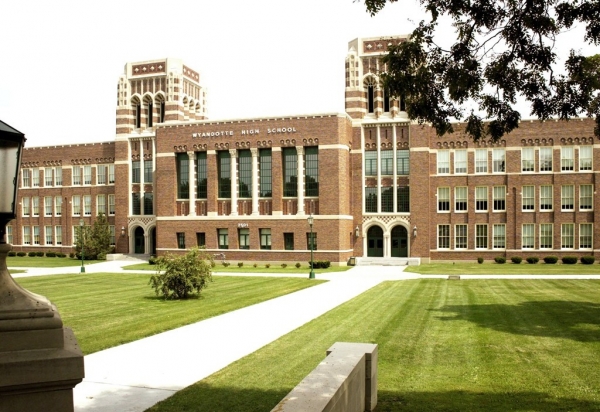High school students need guidance in many areas of their lives, including choices of courses to take, career paths, the specific pursuit of jobs or higher education after graduation, and a whole array of personal choices (including friendships, peer pressure, relationships, and community engagement). A number of students also need counselling, which I would describe as more intensive, sustained, and personal intervention in any of these areas, as well as a host of problem behaviour areas students, might encounter.
Students in the survey complained that their counsellors didn't know them, particularly if they were not on a college track. Considering the ratios of students to counsellors, how can this be a surprise?
How can professional school counsellors be a source of anticipatory guidance to all students around such an array of personal and career issues, and also be available to counsel students on highly personal matters and individualized choices, often fraught with challenge and complexity due to family, cultural, and contextual considerations?
Answer: It's impossible.
And yet, which it comes time to cut positions in school budgets, counsellors are seen as among the most expendable. Of course, this is a catch-22: Since they are not seen as effective, what's the loss in letting counsellors go? But what should be quite clear is that school counsellors have a pivotal role to play in the social-emotional, character, academic, and vocational development of students, from pre-K through high school.
We need to see them as the quarterback of the team, not as lining up at multiple positions on the field simultaneously. Professional school counsellors in Israel, for example, serve this role effectively.
Israeli counsellors have responsibility for the mental health and well being of students in the school -- but not by seeing all of them individually. Rather, their role is to promote a positive school climate, encourage strong relationships with multiple faculty and staff members, assist parents in providing proper guidance and support for their children, arrange and support programs to build students' social-emotional competencies and sound character, bring in community and Internet resources around career and academic planning, and to provide direct services where possible or arrange for them from elsewhere when necessary.
They are quarterbacks who are expert problem solvers and consultants -- not individuals who are expected to do it all under impossible circumstances.
Let's hear from school counsellors who are working as quarterbacks, as well as those who are trying to be many other players on the field at once:
Where is professional school counselling working best, particularly in high school, and what tips do you have for counsellors now?
Can the role of counselling, and the resources allocated to it, be enhanced in the reauthorization of the Elementary and Secondary Education Act (ESEA)?
Would a focus on school climate and prevention allow for more effective use of counselling resources?
We look forward to hearing your voice on this topic!
By Maurice J. Elias








